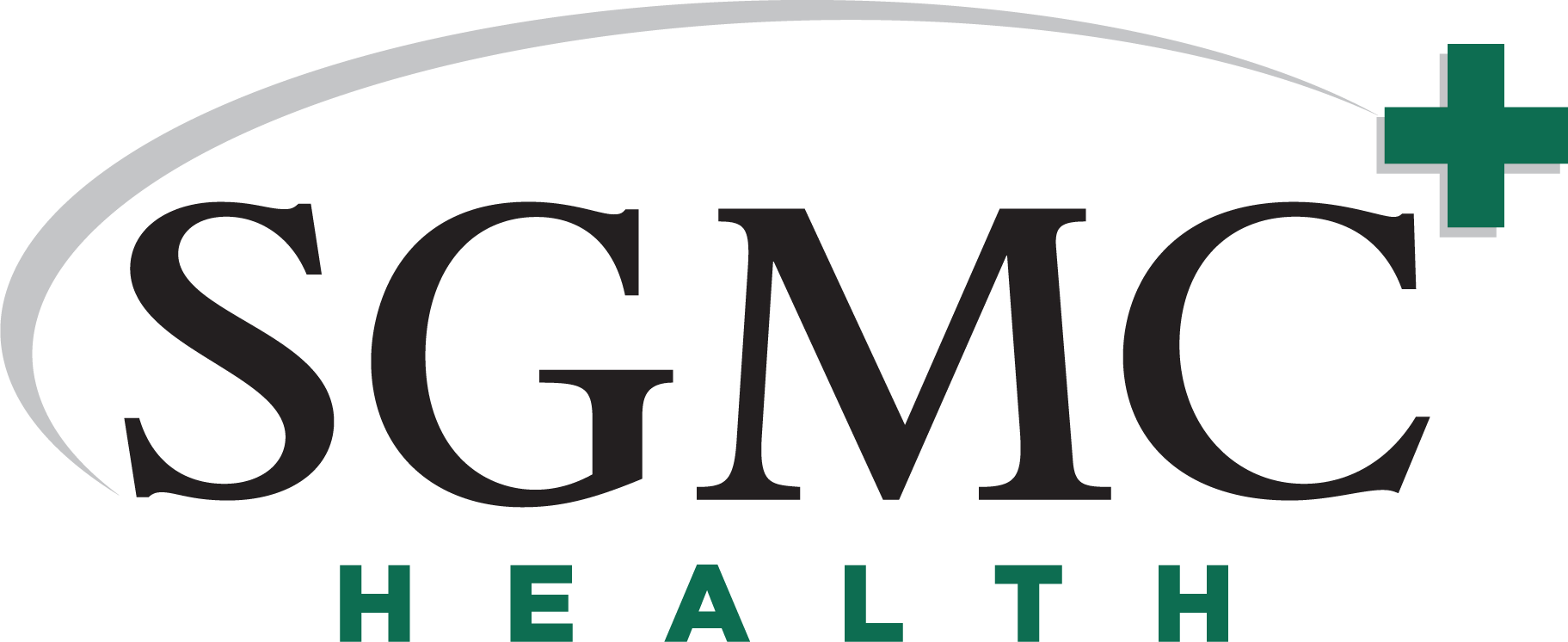10/17/2014
ATLANTA – In 2012, South Georgia Medical Center and the SGMC Smith Northview Campus generated more than $701 million in revenue for the local and state economy according to a recent report by the Georgia Hospital Association, the state’s largest hospital trade association. The report also found that, during the same time period, SGMC provided approximately $30 million in uncompensated care while sustaining more than 5,400 full-and part-time jobs throughout Valdosta and the rest of the state.
The report revealed that SGMC had direct expenditures of more than $306 million in 2012. When combined with the an economic multiplier developed by the United States Department of Commerce’s Bureau of Economic Analysis, the total economic impact of those expenditures was more $701 million. This output multiplier considers the “ripple” effect of direct hospital expenditures on other sectors of the economy, such as medical supplies, durable medical equipment and pharmaceuticals.
Economic multipliers are used to model the resulting impact of a change in one industry on the “circular flow” of spending within an economy as a whole. “This new report shows that, as the state’s economy continued its slow rebound from years of economic downturn, SGMC has maintained an enormous positive impact on our local economy,” said SGMC CEO Randy Sauls. “We are so appreciative for South Georgia’s unwavering support of our organization.
SGMC will continue to work hard to ensure the residents of this area have access to the best and safest health care available.” While SGMC remains the largest economic engine, the hospital’s leadership, like the rest of the Georgia hospital community, is concerned about a wide array of economic challenges that have made it increasingly difficult to meet the community’s health care needs including continued cuts in Medicare and Medicaid payments and a fast-growing uninsured population.
Presently, 42 percent of all hospitals in Georgia are operating with negative margins. “We’re extremely concerned about the current operating environment for hospitals,” said Sauls. “We’ve made a commitment to every citizen of this community to be on call for them 24 hours a day, 365 days a year. However, our ability to do so is being compromised when a growing number of our patients are either uninsured or severely underinsured.”
According to Sauls, state lawmakers must work to protect the state’s healthcare system with the same fervor that they do other initiatives like education and public utilities. “Our local healthcare system is indispensable,” Sauls stated. “It is the primary guardian of health in our community and a major economic engine. It is our hope that elected lawmakers will protect local healthcare and preserve access for every resident of South Central Georgia.”
